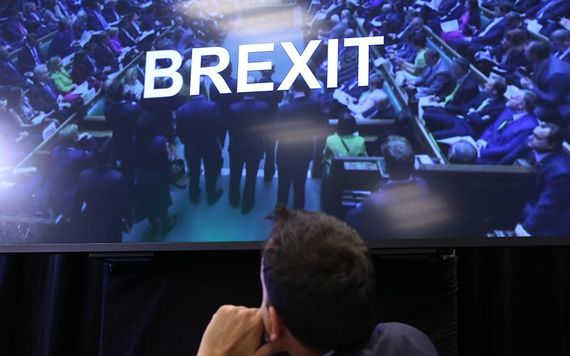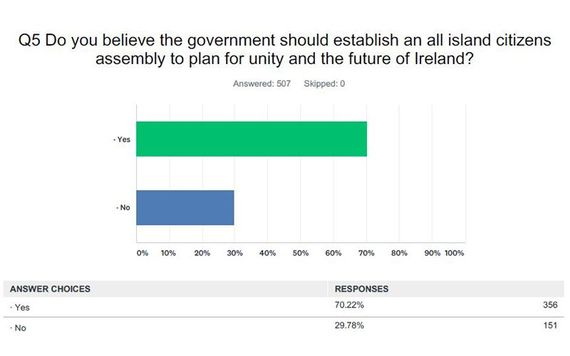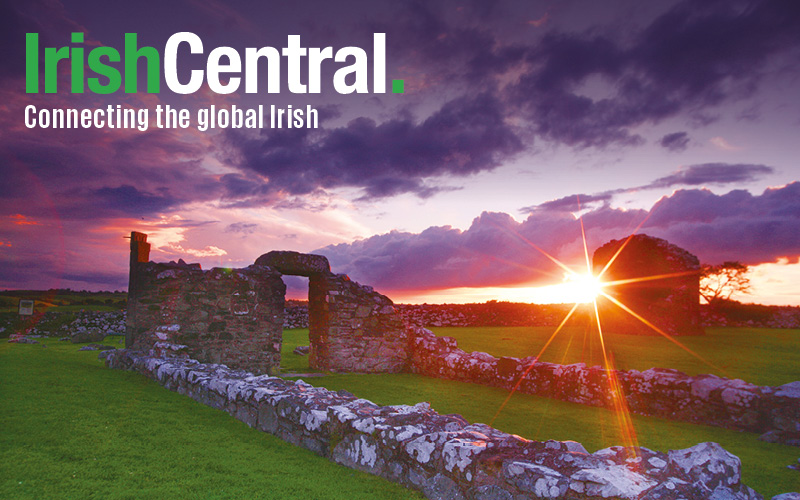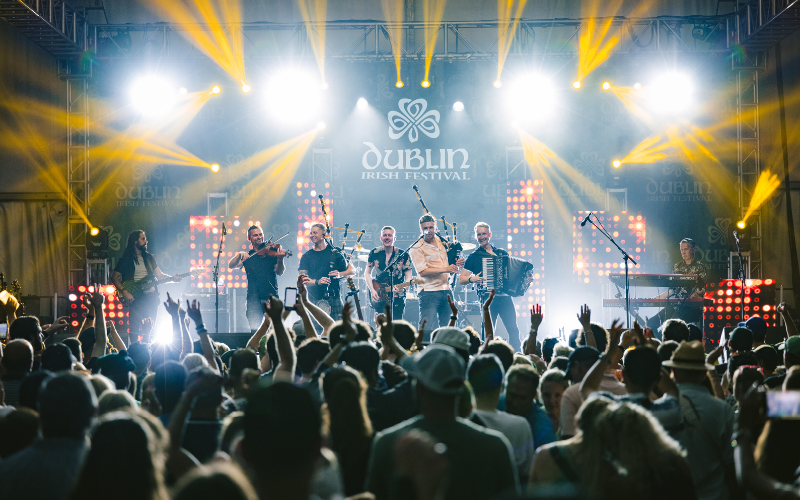Last week a former leader of the Ulster Unionist Party confirmed that Brexit has actually undermined the Union, foreseeing it could lead to a national border poll that could deliver a united Ireland.
Speaking to the Think32 campaign group Mike Nesbitt, who stepped down as Ulster Unionist leader two years ago but remains an MLA, appealed to nationalists to ensure that if a future border poll does happen that they will not repeat the mistakes of the Brexit referendum.
Nesbitt told the group, which was founded last year to promote a debate about Irish unity, that many people in Northern Ireland now feel “diminished” as a result of the Brexit vote.

Mike Nesbitt
Many nationalists, in particular, could feel cut off from their broader European identity, with the removal of so many EU rights and entitlements and the probable re-imposition of a hard border.
Read more: The Brexit crisis - a major IrishCentral conference in New York this March
Given all this Nesbitt suggested that, on the merits, Brexit may be the biggest own goal by unionists since the creation of Northern Ireland almost a century ago.
“The biggest obstacle to a united Ireland as I was growing up was the IRA because that was about coercion,” he told the group. Then he added that he was “realistic” about the current situation adding: “I do wonder whether Brexit will prove to be the biggest own goal in 100 years from unionists.”

“I know a lot of the emphasis is on the border and on tariff and on trade - and these things are important and need to be resolved - but the other issue is identity. The Belfast Agreement made very clear that we all self-define in identity and we can be British or Irish or both...”
“I know there are a lot of people who feel they were diminished on 24 June 2016 by that result for Brexit and a lot of them believe that what happened there was that English nationalists came in over their heads and did exactly what the Agreement said couldn’t happen, denied them their sense of being European.
“They feel diminished and the consequence is that the constitutional question is back on the table for the first time in 20 years. Where it leads, nobody knows.”
Read more: Hard Brexit, united Ireland - America has one focus this St. Patrick’s Day
Nesbitt backed remain in the referendum but saw his party divided on the issue. “If you’re going to have a border poll...don’t let it be like Brexit. Before there’s a border poll it has to be spelled out in enormous detail – and truthfully, unlike Brexit – these are the implications should you choose to vote for constitutional change.”

Contemplating the practical issues from the health service to the sort of police force which would operate after a vote for Irish unity, Nesbitt said it was the responsibility of those arguing for an end to partition to explain what it would mean in practical terms.
Commenting that he continued to believe in the Union he said it was up to nationalists to convince him otherwise, adding: “I know of people from a unionist background who are now basically thinking the unthinkable and just basically asking the question ‘would I be better off or worse off?’”
Nesbitt said that alongside Brexit being an “own goal,” the social and political landscape is changing much faster that unionism's ability to adapt to it.
Nesbitt said he accepted that in any border poll if either side gets 51% then they would be the winner. However, he said that such an outcome would be a “disaster” and a truly decisive result would be far better.




Comments